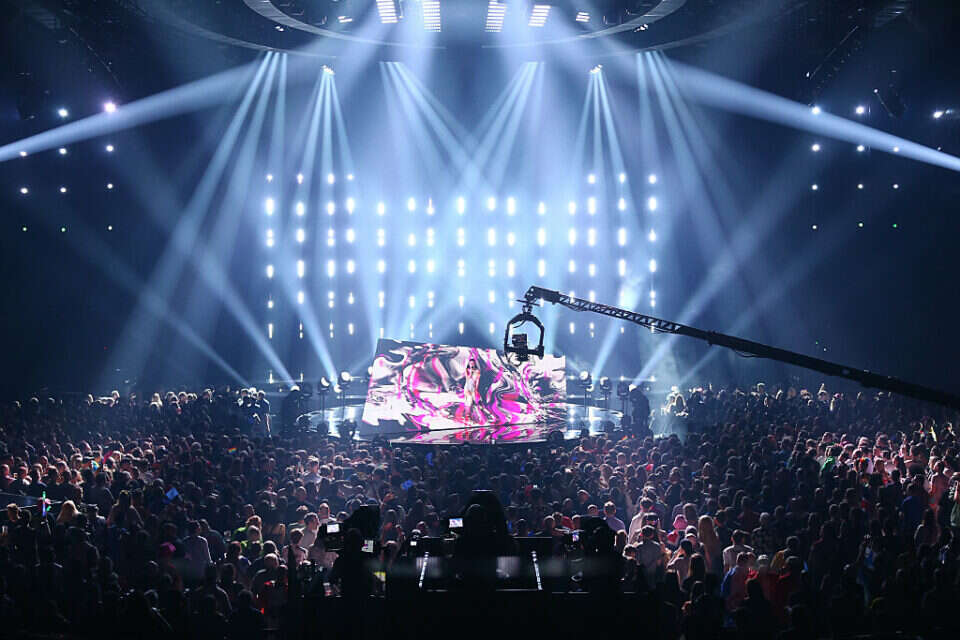If you, too, were shocked by the last performance you saw on stage in Liverpool, and marveled at how such bad singers reach the world's biggest stage in front of almost 200 million viewers – you are not alone. It's not that you've suddenly developed particularly sharp musical hearing (99% of people have good musical hearing) – it's just one of the few times you hear singers singing without any corrections.
Usually when you hear songs, they are the result of many "takes" recorded, i.e. repeated attempts, from which the best ones were chosen, from which the fakes, loud breaths and other less melodic sounds were extracted. In addition, the songs make tiny sound corrections – known as AutoTune since the 90s.
Even in live performances there are quite a few corrections: in almost every performance in which the singer dances, he only moves his lips without making a sound, and what you hear is the playback (the version recorded in the studio). Autotion also works in real time. In fact, already in 2005, Imogen Hip began performing with the song "Hide&Seek", in which she recorded her voice in real time, and with the help of an organ connected to a computer, plays it in the background as a second and third voice.
Strict rules from 1999. The stage in Liverpool, photo: AP
Eurovision, on the other hand, has strict rules: while music since 1999 is indeed "playback" – even though there is a ban on connecting musical instruments on stage – singers must sing without playback and without autotune. Therefore, every small mistake suddenly sounds like an unforgivable fake.
But that's not all. Over the years, quite a few singers have complained that due to the fact that this is a double event – both a live performance in the hall and a television broadcast – what you hear on the television broadcast is not what the live audience and the artist himself hear. According to the artists, sometimes there are differences of fractions of tone between the headphones and speakers in the hall and the television broadcast, so they sound on television as if they are singing on the wrong scale. But if that's the problem, it's not clear why it happens only to some artists.
Wrong? We'll fix it! If you find a mistake in the article, please share with us

